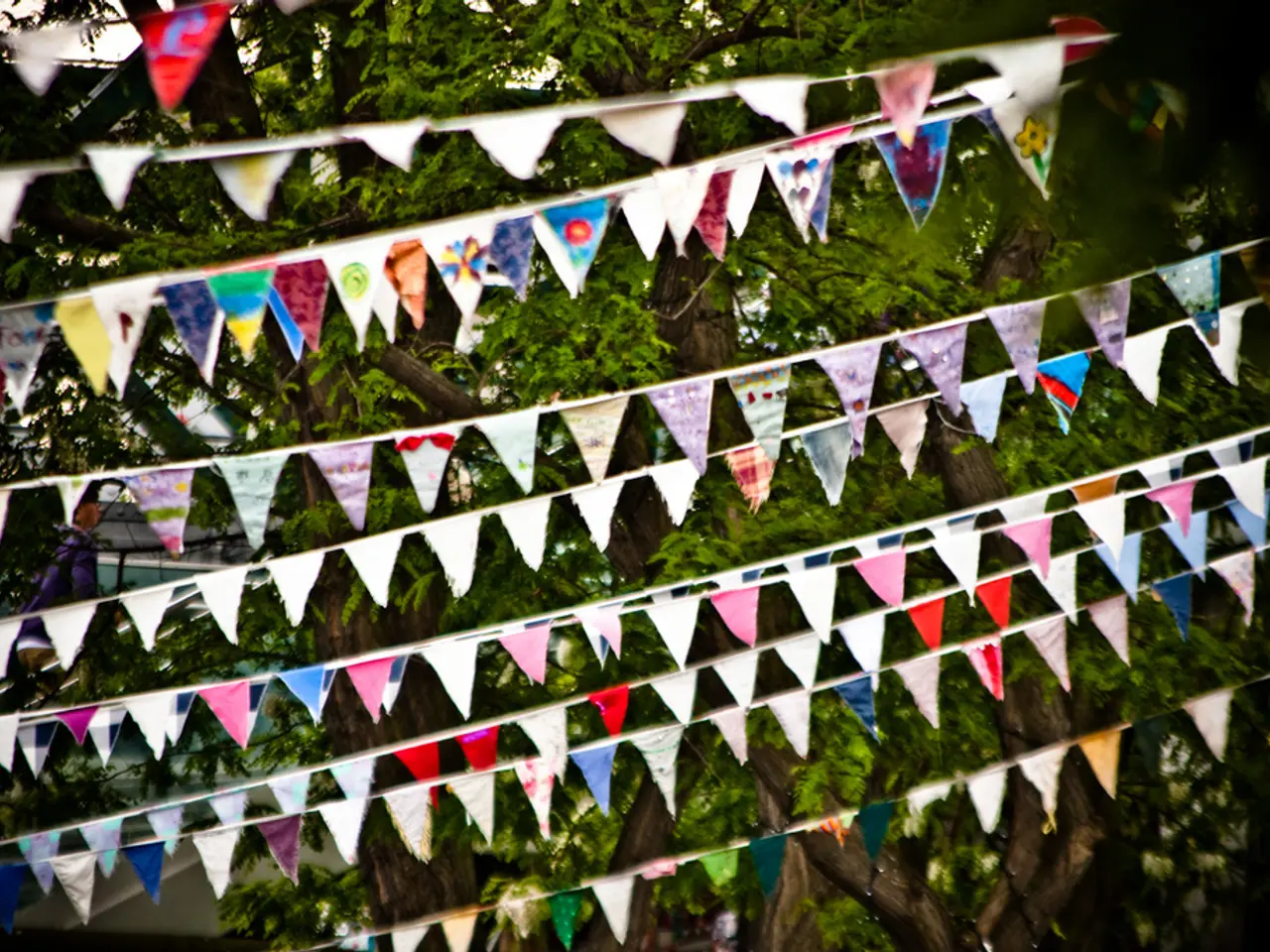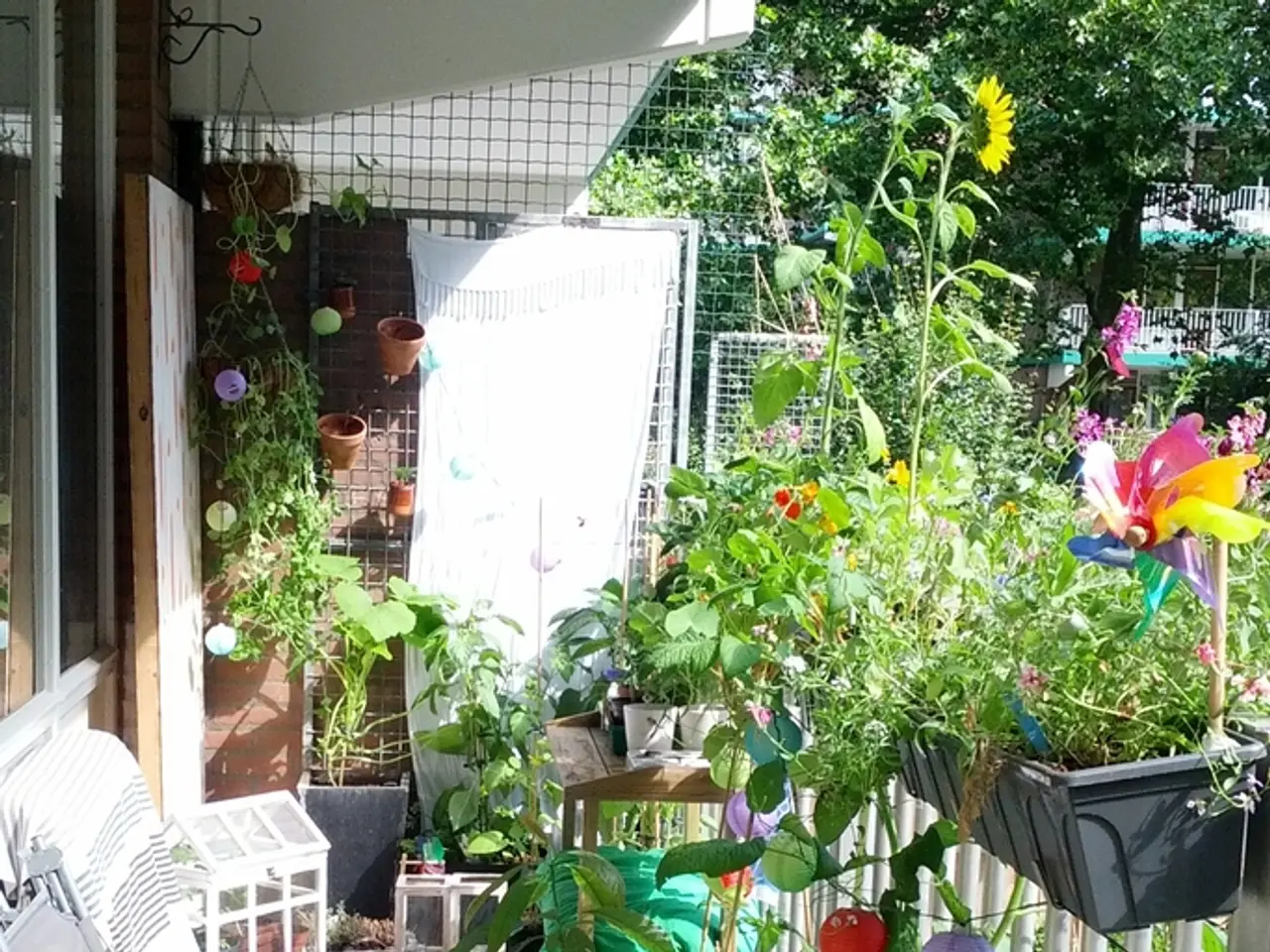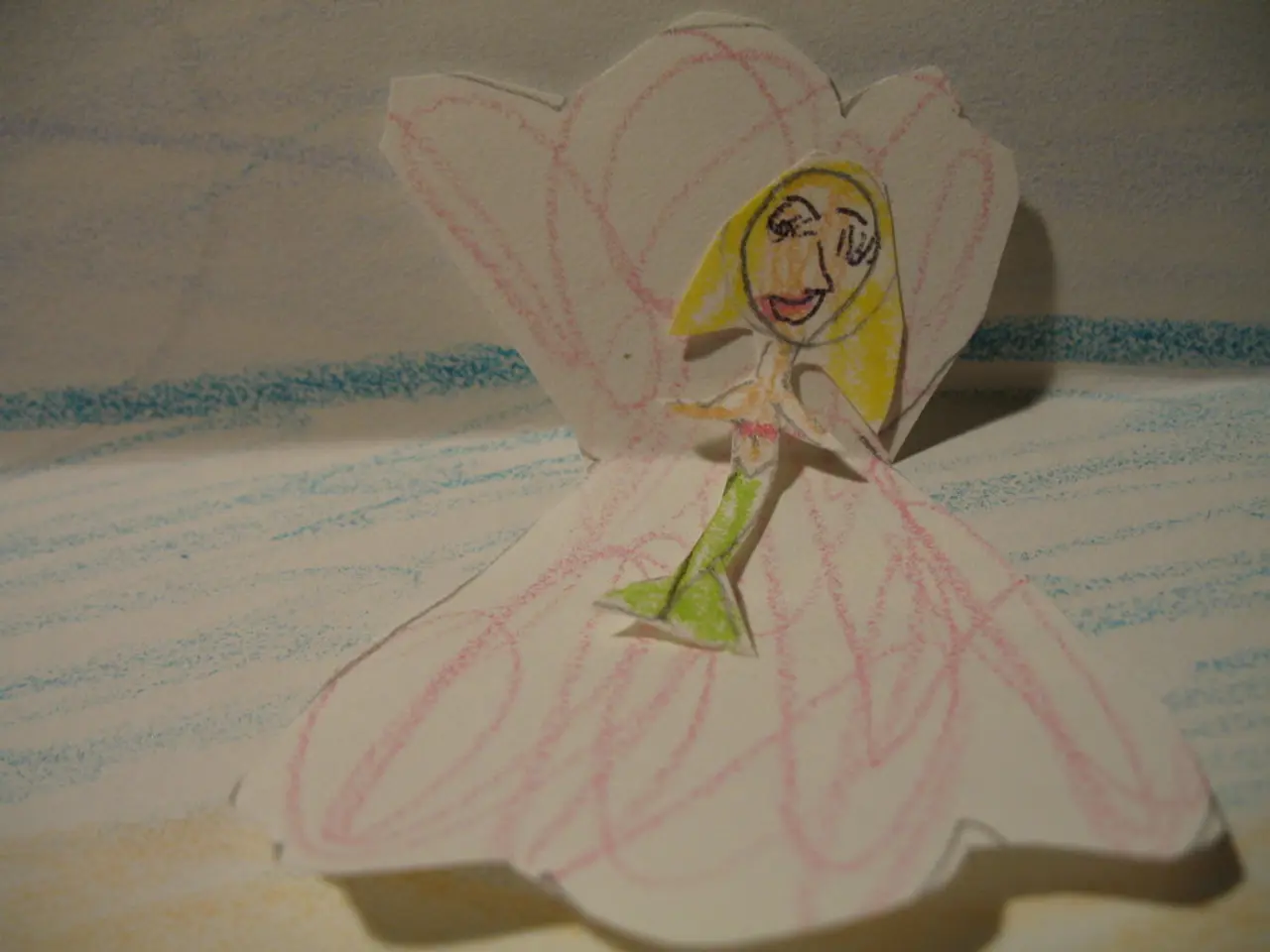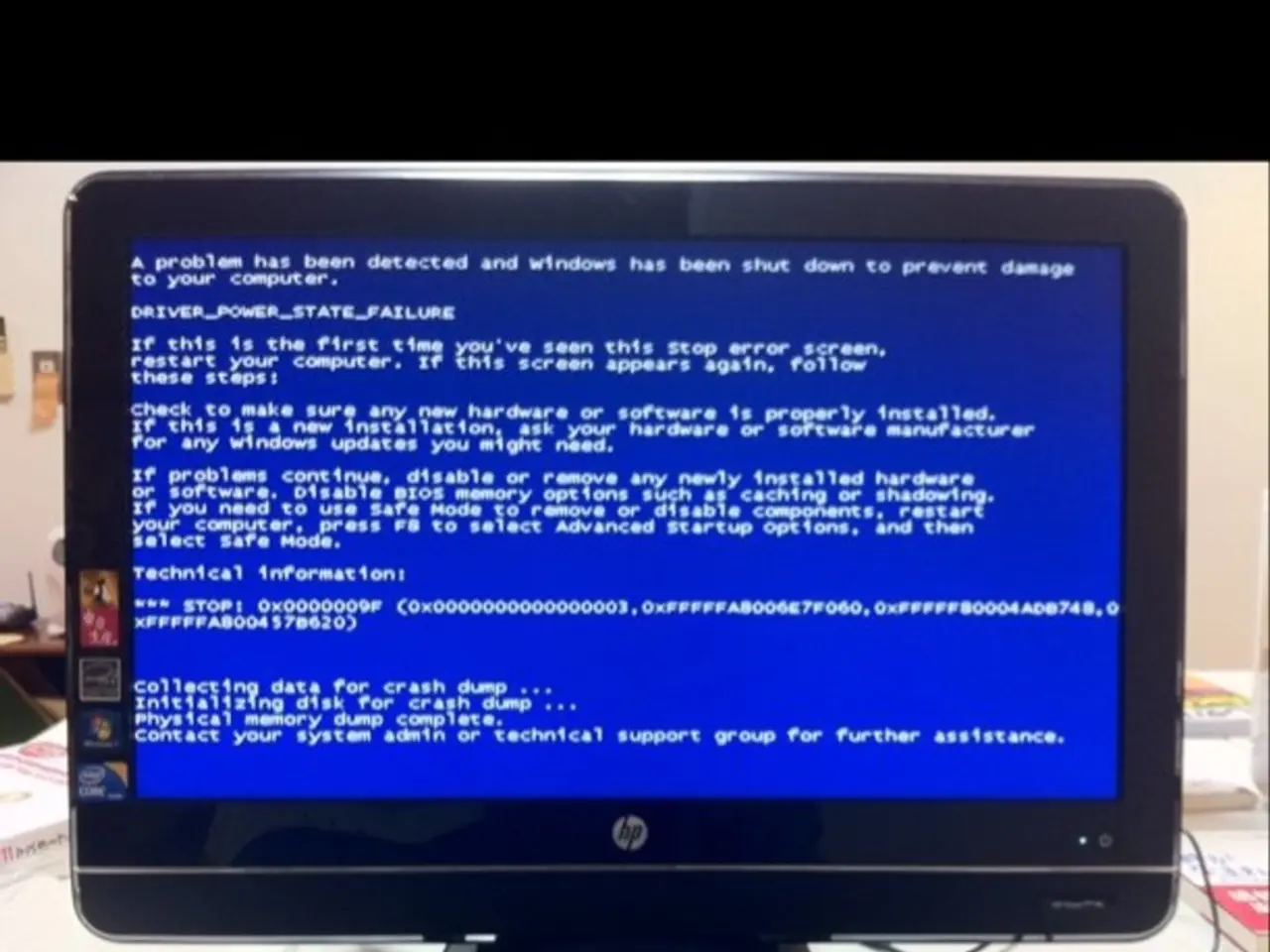Timber company Miro based in Africa secures backing from an impact investor
In a significant move for the sustainable forestry sector, Miro Forestry & Timber Products, a leading company operating in Sierra Leone and Ghana, has secured substantial investment to expand its operations [1][2]. The investment round was spearheaded by Lagata, a UK-based impact investor specializing in sustainable forestry and sub-Saharan Africa, with participation from various development finance institutions (DFIs) and impact investment firms [1][2].
The new investment, while the exact amount remains undisclosed, has contributed to a cumulative funding of $165 million raised by Miro by the end of 2023 [1]. This investment will enable Miro to scale up plywood production in Sierra Leone and Ghana, where it currently employs over 4,000 people across plantations and factories [1][2].
Miro produces Forestry Stewardship Council-certified hardwood products, including plywood, poles, and sawn timber, primarily from eucalyptus, acacia, and gmelina timbers [1]. The company's products are primarily exported to Europe and the Middle East [1]. With the expansion, Miro aims to become a major global player in sustainable plywood manufacturing [2].
Miro's business model is vertically integrated, encompassing forestry, processing, and manufacturing, which supports operational resilience and sustainable sourcing [1][2]. This structure provides reliable, responsibly sourced supply chains at a time when the timber industry faces macroeconomic pressures and a prolonged slump in plywood prices [1][2].
In addition to the DFI-led investment round, the U.S. International Development Finance Corporation (DFC) has committed $24 million to further expand Miro's operations, which is expected to create over a thousand additional jobs in Sierra Leone [3].
However, the rapid expansion of industrial timber production has drawn criticisms in West Africa. Critics argue that large-scale forestry operations may contribute to environmental concerns such as deforestation, climate change, and localized ecological impacts, despite the company’s FSC certification and reforestation claims [3].
Key Facts:
- Main Investors: Lagata, BII, FMO, Finnfund, Mirova, Aqua Ventures - Operations Location: Sierra Leone, Ghana - Employment: Over 4,000 direct jobs, with further expansion planned - Products: FSC-certified plywood, poles, sawn timber (eucalyptus, acacia, gmelina) - Market: Export to Europe, Middle East, global - Cumulative Funding (2023): $165 million - U.S. DFC Investment: $24 million (separate from DFI-led round) - Business Model: Vertically integrated, sustainable forestry
The investment from Lagata and major DFIs marks a significant step in scaling Miro’s sustainable plywood production in West Africa, bolstering employment and export capacity [1][2]. This expansion is positioned to strengthen resilient, responsibly sourced timber supply chains globally. However, it also highlights ongoing debates about the balance between economic development, job creation, and environmental sustainability in the region [3].
- The investment secured by Miro Forestry & Timber Products, a significant move for sustainable forestry, is set to heighten financial inclusion in the timber industry with contributions from various development finance institutions (DFIs) and impact investment firms.
- With the influx of investment, Miro, a company dedicated to environmental-science, aims to utilize blended finance in scaling up its plywood production, creating a substantial impact on biodiversity conservation.
- Despite the expansion, concerns about the environmental impacts of industrial timber production, such as deforestation and climate change, remain prominent within the home-and-garden sector, evoking debates on the balance between development finance and environmental sustainability.
- Besides the DFI-led investment round, the U.S. International Development Finance Corporation (DFC) has also invested $24 million in Miro, fostering growth in business opportunities and lifestyle changes within the communities where it operates.
- By adopting a science-based approach to sustainable forestry, Miro's vertical integration in forestry, processing, and manufacturing is poised to transform the investing landscape in the sustainable plywood industry, merging the traditional timber business with modern environmental-science practices.




